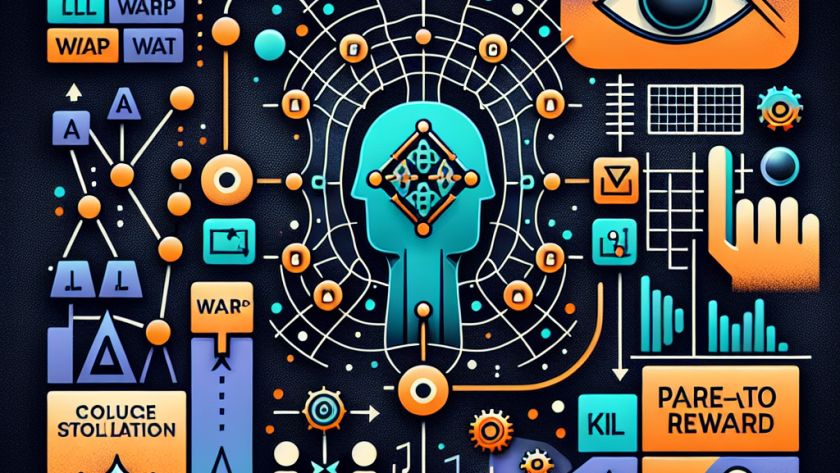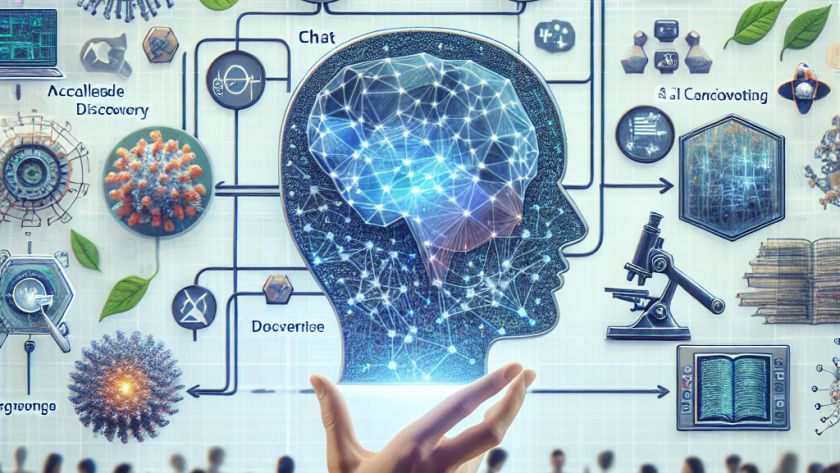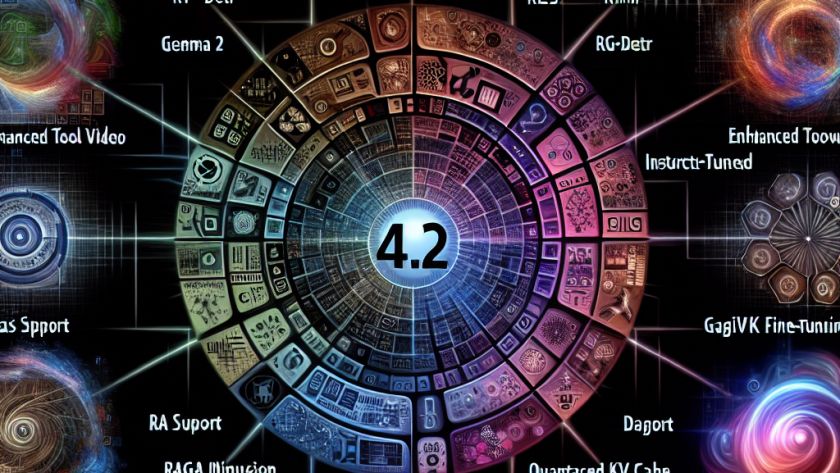Broadly neutralizing antibodies (bNAbs) play a crucial role in fighting HIV-1, functioning by targeting the virus's envelope proteins which shows promise in reducing viral loads and preventing infection. However, identifying these antibodies is a complex process due to the virus's rapid mutation and evasion from the immune system. Only 255 bNAbs have been discovered, therefore…












